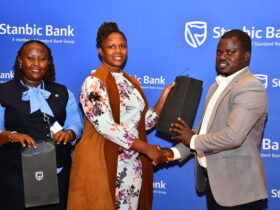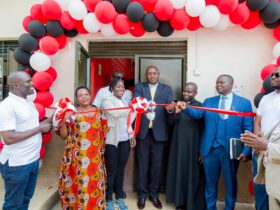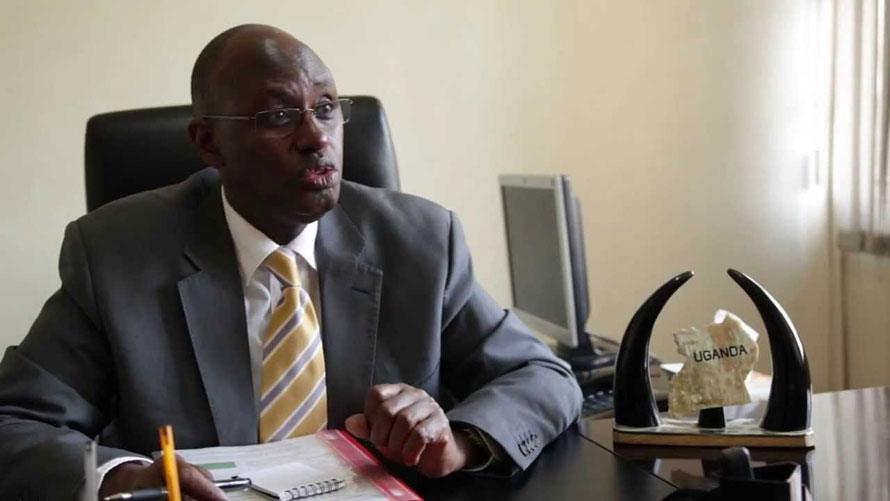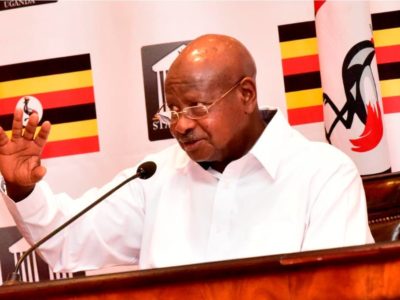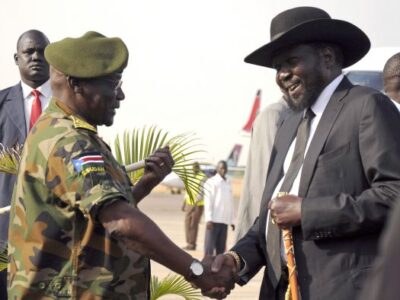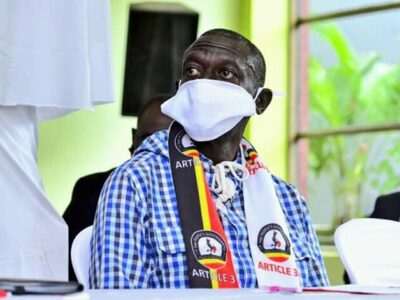The state Minister of Agriculture in charge of Animal Husbandry Bright Rwamirama has vowed to stop encroachers on government ranches.
The minister made the remarks while touring the National Animal Genetic Resource Center (NAGRIC) on Wednesday in Entebbe.
He said that he will stop the loss of several acres of NAGRIC land, near the Entebbe airport, recently grabbed by arrow wielding men.
“Land encroachers come with arrogancy and threatening away our animals. It shows that actually people who are encroaching are part of the group that are here managing the station but I am not going to tolerate this kind of nonsense any more,”he said.
Recently, NAGRIC executive director Dr. Charles Nkuuhe reported that his life was in danger following several threats allegedly from the current and retired staff members who had refused to vacate the property .
However,the minister tasked the new board to ensure they clean up the entire system to get rid of adamant staff.
“I can’t see somebody driving a government vehicle, when he or she is driving it with a lot of impunity when he or she is not employed. This will not be tolerated, somebody retires and keeps in government house over fours years. What kind of nonsense is this, “he queried.
The minister further warned that the entire human resource of NAGRIC needs a clean up.
The National Animal Genetic Resources Centre and Data Bank (NAGRC&DB) was established by the Animal Breeding Act, 2001.
It’s one of the statutory semi-autonomous bodies of the Ministry of Agriculture, Animal Industry and Fisheries (MAAIF).
The formation of NAGRC&DB was part of the fulfillment of the aspirations in the National Animal Breeding Policy (1997), document and the Action Plan for its implementation providing guidelines to all actors in the animal breeding and production value-chain.
The actors included input suppliers, farmers, companies, researchers, extension workers and civic leaders on suitable breeds for the various ecological and production systems.




